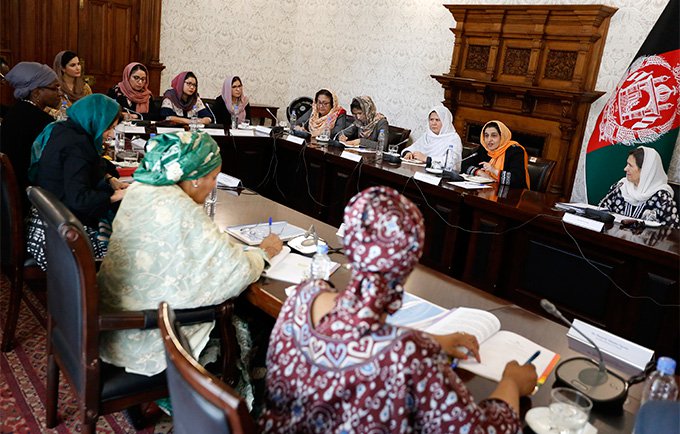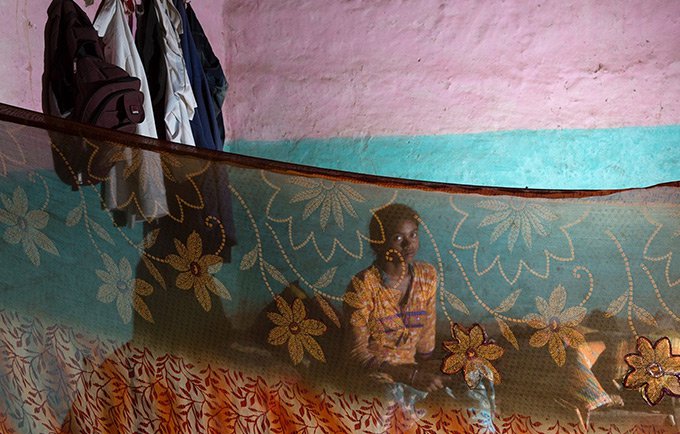Human rights belong to everyone, everywhere
Human rights are essential for all people, and they must be protected, respected and fulfilled for everyone: for men and women, for people who are married and those who are not, and for people of all ages, regardless of status or identity.
Human rights include women’s rights and sexual and reproductive health and rights. This was affirmed internationally in the Vienna Conference on Human Rights in 1993 and the International Conference on Population and Development (ICPD) in Cairo in 1994.
In fact, sexual and reproductive health and rights are part of a continuum of human rights. In 2016, the Committee on Economic, Social and Cultural Rights cemented the right to sexual and reproductive health. It is not only an integral part of the right to health; it is fundamentally aligned to the enjoyment of many other human rights, including the rights to life, health and education, the rights to equality and non-discrimination, the right to privacy and freedom from torture, and individual autonomy.
These rights are interrelated and interdependent. For example, when an adolescent girl is denied access to sexual and reproductive health services, she is more likely to become pregnant early and to drop out of school, affecting her right to an education. She is also more likely to face death or injuries related to pregnancy and childbirth, affecting her rights to life and the highest attainable standard of health. Her choices and future potential will be curtailed, affecting her self-determination and right to an adequate standard of living.
Human rights are critical to individual well-being and collective sustainable growth. ©UN Photo/Martine Perret
A long road ahead
The last few decades have seen the enactment of laws and policies protecting women’s rights and sexual and reproductive health and rights in many countries. Despite this progress, there has been inconsistency in the enforcement of these laws and implementation of these policies. Many marginalized groups and vulnerable populations have seen limited progress.
A key example of this is the uneven progress made in ending early and forced marriage. One of the most universally ratified human rights conventions in the world, the Convention on the Elimination of Discrimination against Women (CEDAW), prohibits child marriage and affirms that marriage can only take place with a person’s free and full consent. Yet child marriage persists, even in places where it is illegal.
Human rights at the heart of UNFPA's work
With other UN agencies and civil society organizations, UNFPA advocates for the development of international human rights standards and accountability frameworks. These help to track the implementation of recommendations on sexual and reproductive health and rights. UNFPA also works with regional and national human rights protection systems, including national human rights institutions.
By strengthening national accountability and human rights protection systems, UNFPA helps monitor the delivery and quality of sexual and reproductive health services. This aids efforts to remove barriers that prevent certain groups – such as women and girls, adolescents and persons with disabilities – from accessing these services. UNFPA also works with specific groups facing sexual and reproductive health violations to help them advance and protect their rights.
UNFPA also applies a human rights-based approach in all its programmes. This means promoting human rights and gender equality is a core focus of all UNFPA activities – from the training of midwives and the development of comprehensive sexuality education curricula to supporting governments’ capacity to protect and fulfil human rights.
Updated 16 December 2016.











